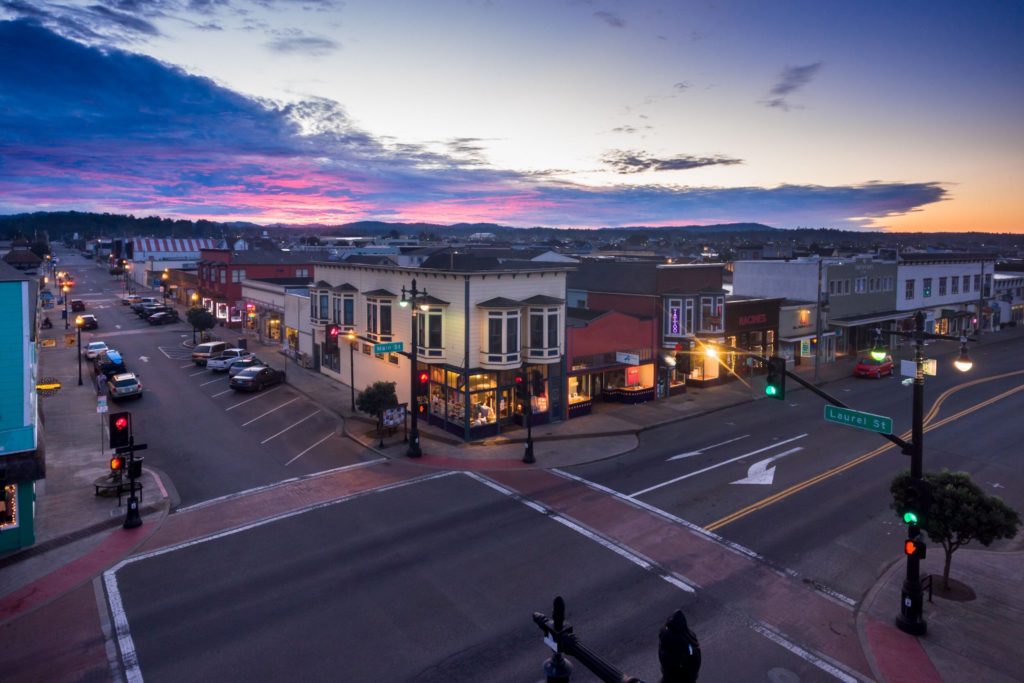
The past 18 months has been exhausting for everyone and the future is still uncertain. So what has this meant for small businesses? At West Center, we found this thoughtful article by Zayna Syed published on the CalMatters.org website on July 14, 2021. West Center is here to help you navigate the challenges of owning a small business whether it’s hiring the right people, marketing your products or services, expanding your business, or wondering where to get the right financing! Call West Center today at 707.964.7571 for expert no-cost advice for your small business.
COVID-19 recovery efforts are finally underway — now, most anyone 12 or older who wants a vaccine can get one, businesses and office spaces are slowly starting to open up and schools plan a return to in-person classes. But many small businesses in California are still dealing with the devastating effects of the pandemic.
CalMatters reporter Nigel Duara moderated a Milken Institute discussion on July 13 that addressed opportunities and remaining challenges for small businesses. Panelists ranged from government administrators to small business owners. They tackled topics such as PPP loans, characteristics of businesses that weather crises well, financial literacy and the barriers that communities of color face when applying for loans and grants. Isabella Guzman from the U.S. Small Business Administration spoke about President Biden’s plans for small businesses and the importance of market access while Gene Cornelius from the Milken Institute discussed institutional bias and how it affects marginalized communities. And Lenore Estrada, founder of non-profit SF New Deal, spoke about the challenges she’s faced during the pandemic as a small business owner and what policy practitioners might not understand.
Here are three key takeaways.
1. We’re not back to normal yet
Several panelists spoke about how small businesses are still struggling, even though they’re starting to open up. Lenore Estrada, whose small baking business Three Babes Bakeshop suffered when companies discontinued their contracts with them, said she laid off a majority of her employees. After receiving two PPP loans, she was able to hire some back, but is still struggling with large amounts of debt.
“People think we’re back, but we’re really not back,†Estrada said.
2. COVID-19 hasn’t affected small businesses equally
Cornelius said that 41% of black-owned businesses could be permanently closed after the pandemic. Only 12% of Black and Latino-owned businesses received the full amount they requested from PPP loans and only 5% of women-owned businesses received PPP loans, according to Carolina Martinez from the California Association for Micro Enterprise Opportunity.
3. Lack of relationships between banks and communities of color presents key barrier
-
Small business owners from marginalized communities just don’t have relationships with banks, which is a key obstacle to acquiring loans, Cornelius said.
-
Many are so busy trying to keep up with day-to-day operations, they don’t always keep their tax and financial records. The way that traditional banks evaluate who to give loans to also has systemic bias. For example, basing underwriting on net worth can present a barrier to women and people of color, who traditionally have lower net worths than white men.
-
Or, using one’s home as collateral for a loan means that marginalized people whose homes may have been redlined have diminished capital, or they may not even own a home to put up for collateral. Community development financial institutions have filled that void with their ability to be more flexible, Mark Robertson, president of Pacific Coast Regional, said.
-
While banks have to rely on some traditional underwriting guidelines because of federal law, his organization was able to award grants to businesses with credit scores as low as 600.
-
“Covid has pulled back the sheets on institutional, unconscious bias,†Cornelius said.

